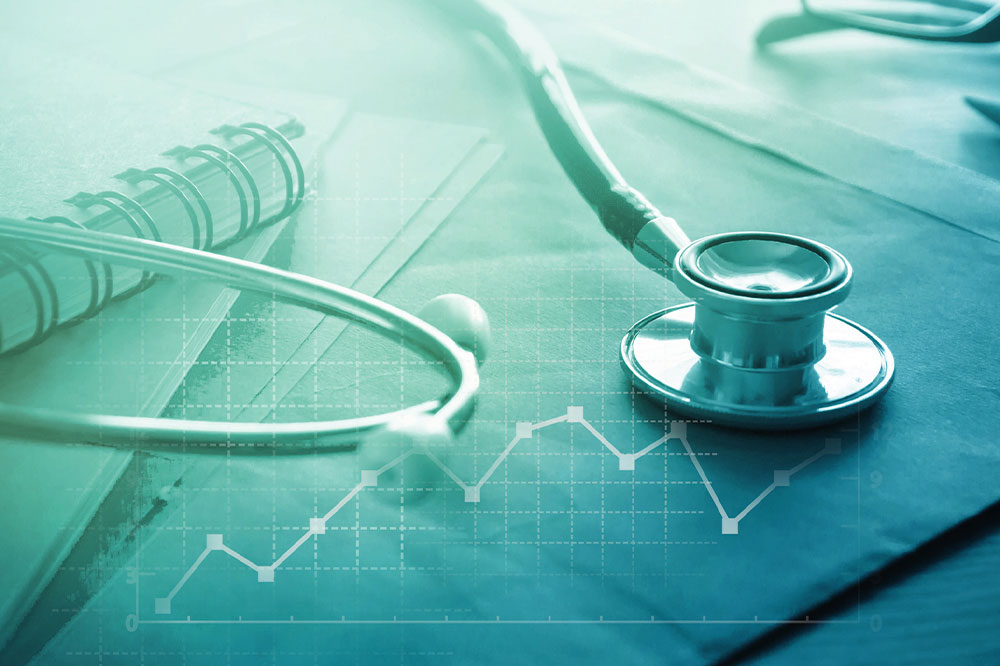All You Need to Know About Revenue Cycle Management Software

As one grows up, we realize that the process of going to a hospital or clinic to get better is not that simple. There’s tons of paperwork, lots of administrative tasks, and of course, the finance and revenue aspects of running a hospital. If any of these processes fail, the hospital won’t be able to provide proper care to its patients. Thankfully, there are lots of solutions that help make carrying out these tasks a lot simpler.
What is revenue cycle management software?
Revenue cycle management software, also known as healthcare RCM software, is a billing software for healthcare professionals, patients, and facilities like hospitals. They allow individuals and organizations to keep track of patient care, manage appointments, tackle scheduling, and even organize finances. They are the perfect unification of the clinical aspects along with the business aspects of a healthcare facility. They allow for the filing of all the information regarding a particular patient. You could link a person’s personal information and insurance information to their treatment and other healthcare information.
Importance of revenue management software in healthcare
Healthcare RCM software solutions are an integral part of a hospital setting. They ensure that a patient is able to get the best care while giving a hospital or clinic the ability to increase revenue and reduce debt and expenses. A successfully implemented healthcare RCM solution can ensure the organization faces no financial losses or minimizes them, ultimately providing a superior patient experience. RCMs streamline patient care from the time they enter the facility to the time they are billed. They work on making the process as seamless and integrated as possible.
Benefits of having a healthcare RCM solution
Although RCMs are now common in healthcare, many are still unaware of the benefits that come with investing in such a software system. Here are a few of them:
Reduced errors
One of the biggest advantages of automating the healthcare administration system at a hospital or a clinic is the low error rate that comes with it. Thanks to the appointment and scheduling system, patients do not receive duplicate appointments, and doctors are able to keep track of their schedules. In terms of finances, there are rarely any mistakes when it comes to billing and reimbursements. If there is an error that is present, healthcare RCM software is able to detect them early. This means they can be quickly corrected and prevent any loss.
Proper time management
Another one of the big advantages of an RCM software is that it saves a lot of time for the patient, healthcare provider, and administration. It simplifies a lot of processes, including patient registration, appointment scheduling, payment reminders, and more.
Reduced costs
With a low rate of error and a proper time management system, hospitals and clinics can save a ton of money. Their saved funds can be put back as an investment into improving the equipment, offering affordable healthcare, and managing their manpower with ease.
Fewer insurance denials
Due to the low rates of errors in payment claims, there are fewer denials of insurance payments. This ensures that the patient does not have to pay out of their pocket. The payments are instead expedited to the insurance companies.
Reduced administrative tasks
Healthcare RCM solutions are also effective in reducing the burdens of the administration at healthcare facilities. They prepare and process bills, submit claims to the insurance companies, and even collect on the payments. If payments are delayed, reminders are sent automatically.
Seamless patient experience
One of the goals of an RCM is to improve a patient’s experience. One of the ways it does this is by removing the burden of administration and finances. This allows the healthcare professionals to focus on providing the care and attention necessary instead of all the paperwork that comes along with it. The second way it improves a patient’s experience is by giving them easy access to their treatments and reports.
There are many healthcare RCM solutions and software. So if you want to pick one for your clinic or healthcare facility, here are some of the best options.
eClinicalWorks RCM
eClinicalWorks Revenue Cycle Management allows for a smooth administrative process. This healthcare RCM software handles back-office operations such as finances and billing. All of these operations are conducted securely via the application. Authorized users are given complete transparency of the financial performance of the healthcare system in place. The software is very easy to use and navigate and offers a wide range of features.
NextGen® Healthcare EHR
NextGen® Healthcare EHR is a great cumulative platform specially designed for private practices. You can handle administrative tasks of a healthcare facility as well as offer patients an integrated platform where they can access telehealth. NextGen® also gives you portability. This means you can access the software on the go via your phones and your laptops. Their system is cloud-compatible, letting you can work from anywhere. They offer registration, scheduling, verification, finance management, billing platform, communication portraits, and a revenue management system as part of their package.
Axxess Home Health
Axxess Home Health is one of the leading RCM software solutions that helps patients manage healthcare at home. It is a complete suite that has software solutions for home care and health and hospice facilities. They offer billing solutions, revenue cycle management, patient and procedure records, staffing software, and even electronic visit verification. They also have customizable dashboards, centralized scheduling, and automated claim submissions. Through this solution, administrators can also c onduct Medicare eligibility checks, run PECOS confirmation, and coordinate between office and field staff.






